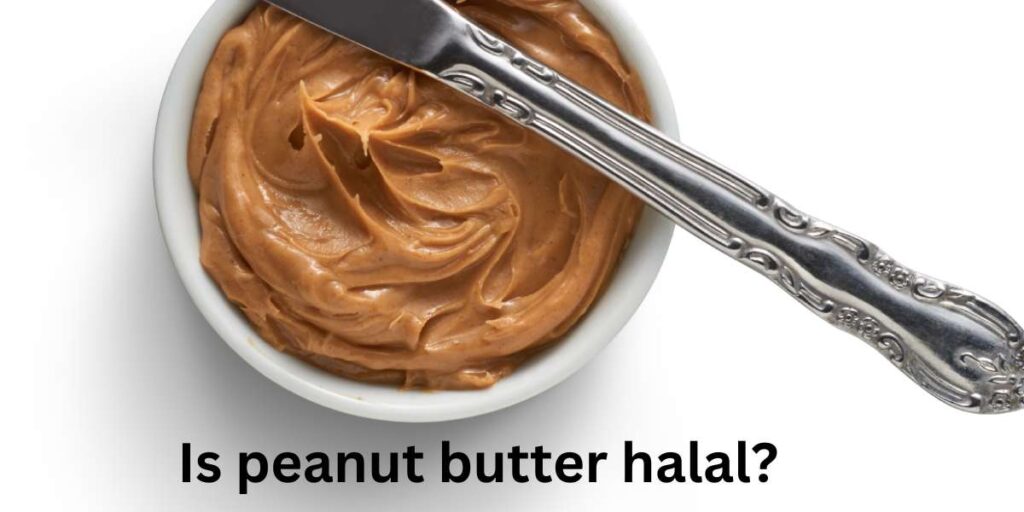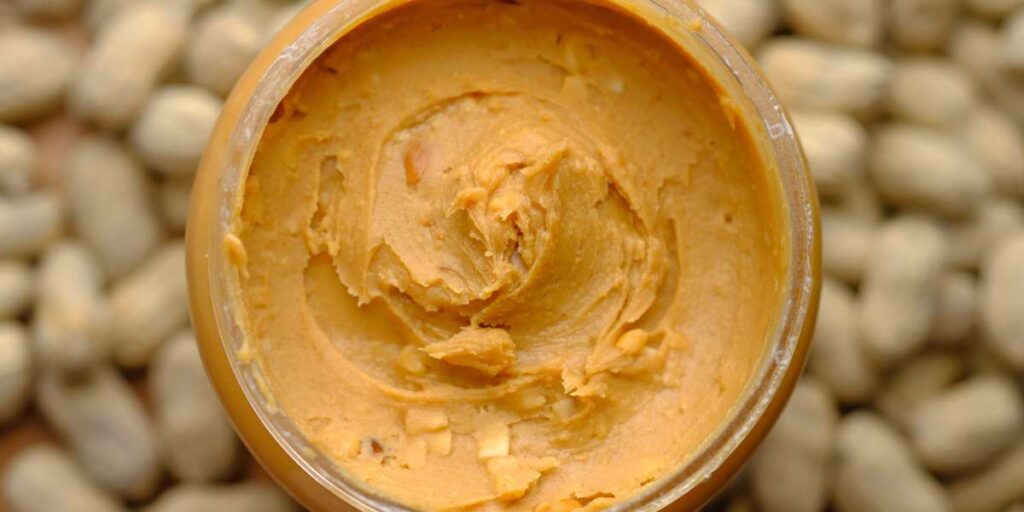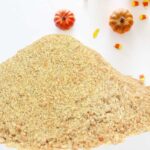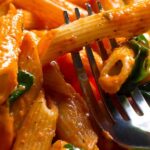Many people who follow a Halal lifestyle enjoy peanut butter. To enjoy it while following Islamic dietary laws, check if it’s certified Halal. Reading labels for ingredients is key, as it helps determine if the product is permissible. Strictly follow these tips to indulge without worry.
Is peanut butter halal?
Yes, peanut butter is halal when made with plain peanuts, salt, and oil. These ingredients are permissible in an Islamic diet. However, some brands add additional sugar or preservatives during the production process.

Carefully check the label to ensure it meets Islamic law. The facility might also process non-halal items like pork or alcohol. Scholars or a local Islamic Council can help verify its suitability for consumption.
The Halal Status of Peanut Butter in Islam: A Comprehensive Analysis
Islamic dietary laws help Muslims decide if food products like peanut butter, jam, or ricotta cheese are halal or haram based on their ingredients and production processes.
Scholarly opinions clarify these items. A comprehensive article should delve into the status of jam, ricotta cheese, and peanut butter to ensure they align with halal standards.
Examining Peanut Butter Ingredients:
- Peanut butter mainly includes peanuts, oil, sugar, and salt, all plant-based.
- These ingredients are generally permissible under Islam, which requires foods to be free from harmful or intoxicating substances.
- The simplicity of peanut butter makes it easy to analyze and determine its halal status.
- No concerns about including non-halal elements in typical peanut butter recipes usually arise.
- Most peanut butter is safe for those practicing Islam as it aligns with dietary laws.
Are All Ingredients In Peanut Butter Halal?
Peanut butter can be halal if all ingredients are halal. Peanuts are naturally halal, but sugar, salt, and oil should be checked for halal-certified sources.
- Check the label for halal-compliant ingredients.
- Verify the brand is certified by a trusted Islamic organization.
- Avoid products with ingredients from haram sources.
- Read the ingredient list carefully.
- Ask the manufacturer for clarification if unsure.
Oil in Peanut Butter:
The oil used in peanut butter production is crucial. Manufacturers often add vegetable oil like palm oil or hydrogenated oils. The source must be from halal sources. Mixing with non-halal substances can potentially raise concerns.
The chemical process of refining oil matters, too. Caution is needed as this affects whether the product is permissible.
Scholarly Opinions:
Scholars have different opinions on peanut butter’s halal status. Most consider it halal if the ingredients are simple and there is no cross-contamination with non-halal substances during production.
“Pure and clean food is best for the body and soul.”Halal Certification:
Muslim consumers seek products with halal certification to alleviate doubts. Recognized certification bodies thoroughly examine items to ensure they comply with halal standards, such as peanut butter, which meets Islamic dietary laws.
Can Muslims Have Peanut Butter?
Peanut butter is a popular choice among Muslims seeking halal snacks and sweets. It is typically made with halal ingredients and provides essential vitamins, minerals, and protein for good health. Check the ingredients list to ensure no non-halal ingredients like pork or alcohol-based artificial flavors, colors, or preservatives are present. Choose organic options without chemical additives and confirm the manufacturing process follows Islamic law. This ensures it can be consumed safely and enjoyed as a nutritious part of a balanced diet.
- Critical Points for Halal Snacks and Sweets
- Use halal ingredients.
- Avoid non-halal items like pork and alcohol.
- Check the ingredients list carefully.
- Opt for organic products.
- Ensure a clean manufacturing process.
Halal snacks and sweets like peanut butter can be tasty and nutritious for Muslims. They are usually made with halal ingredients but always check for non-halal additives. This way, they can be safely consumed and contribute to strong bones and muscles.
Conclusion:
Peanut butter can be halal, but Muslims should verify the ingredients and production processes. Some brands seek halal certification to avoid cross-contamination risks with non-halal food items. Manufacturing practices and potential cross-contamination risks are key concerns. Muslim consumers are encouraged to consult knowledgeable scholars or reputable organizations for assurance on the halal status of specific food products.
Frequently Asked Question(s)
Is Peanut halal or haram?
Peanuts and peanut butter are Halal if no haram ingredients are added. Peanuts are legumes similar to grains like wheat, barley, rice, rye, and oats. Nuts like cashews and macadamia are also considered Halal when natural.
What are the 4 haram foods in Islam?
Haram foods include pork, carrion, carnivores, and meat from animals treated poorly or tortured. Forbidden are food substances with alcohol and animals that died from illness, injury, stunning, or poisoning. Slaughtering without the name of God also makes the meat haram.
Which butter is not halal?
Unsalted butter made from pasteurized sweet cream can be halal. Dairy companies often use lactic acid and natural flavoring in their products, so it’s wise to call and confirm these ingredients. Always check if a Starter Distillate is present, which might affect the halal status.
Is Oreo haram in Islam?
Peanut butter is usually Halal. Oreo cookies, known for their tasty flavor, have been under scrutiny since 1998. The original Hydrox brand was considered Kosher, but there’s an issue regarding alcohol used in cooking. Checking Halal or Kosher labels on products like Oreo cookies is important.






